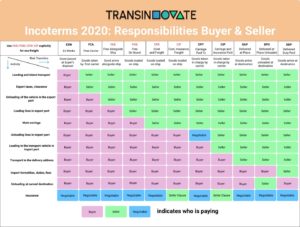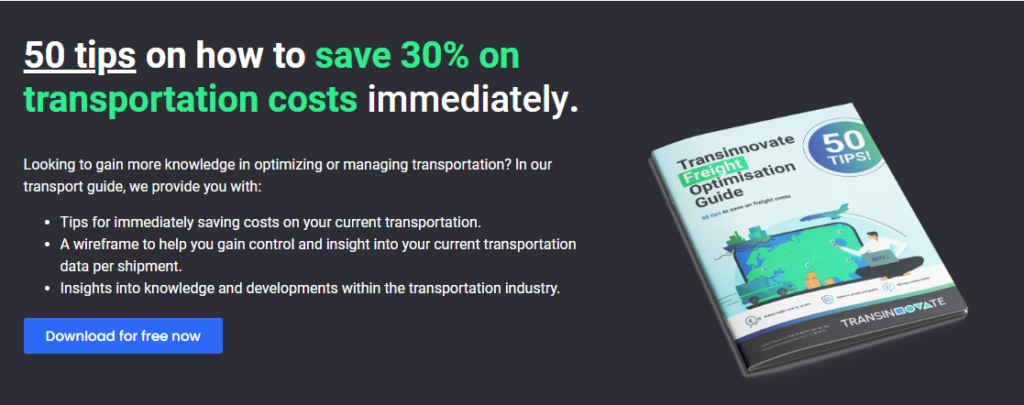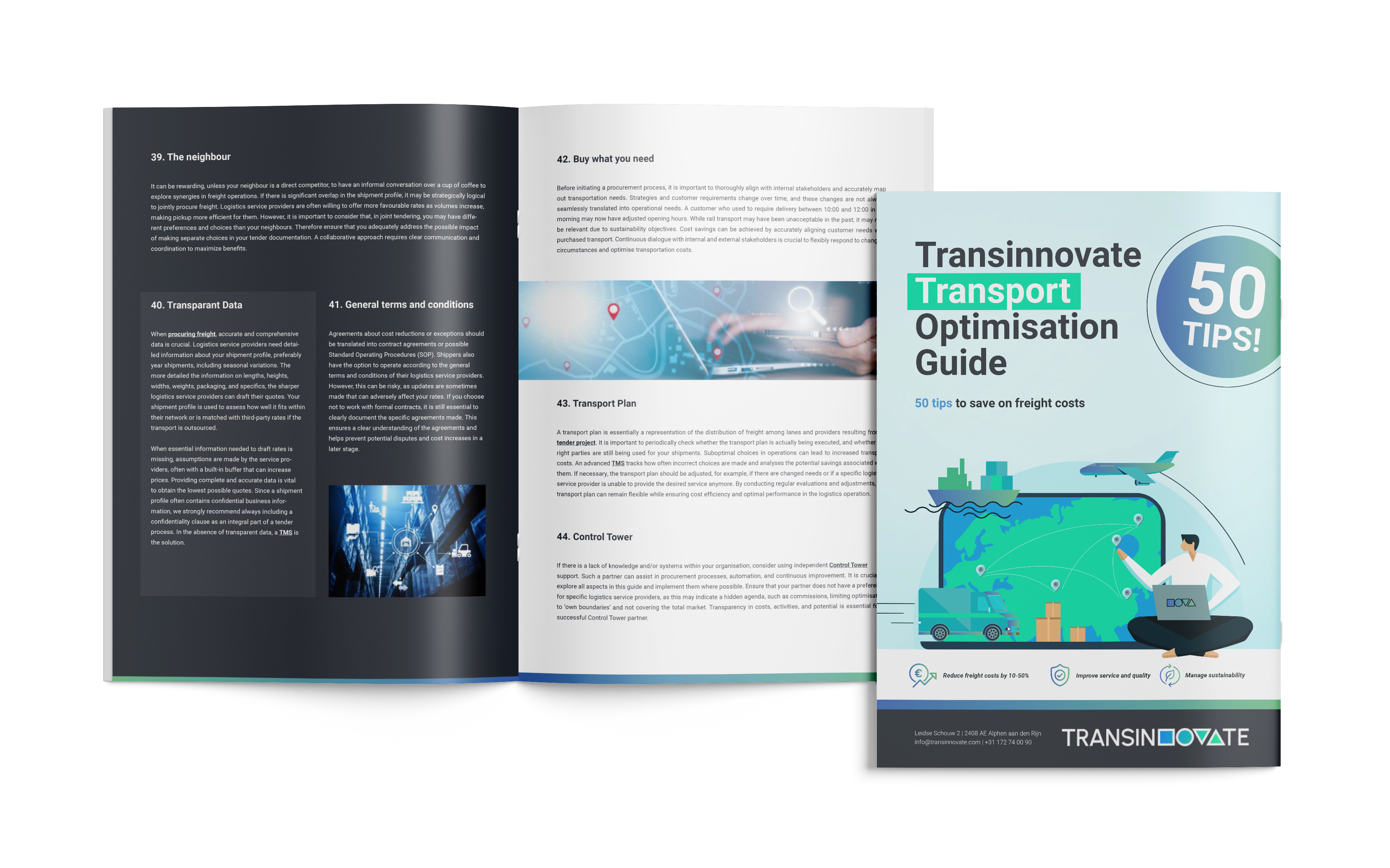The FAS Incoterm® is one of the standardized international delivery terms agreed upon between buyer and seller. These are rules that establish worldwide agreements on transport, costs, and any potential damage during transportation. Every ten years, the International Chamber of Commerce (ICC) updates the Incoterms®. The most recent version, the ICC Incoterms® 2020, came into effect on January 1st, 2020. An overview of all incoterms is available here.
What is FAS Incoterm®?
 The Free Alongside Ship (FAS) Incoterm is an international trade agreement that is used for transport by water. In an FAS arrangement, the seller is responsible for delivering the goods to a named port, placing them alongside the vessel. The transfer of risk and cost occurs when the goods are alongside the ship and ready for export.
The Free Alongside Ship (FAS) Incoterm is an international trade agreement that is used for transport by water. In an FAS arrangement, the seller is responsible for delivering the goods to a named port, placing them alongside the vessel. The transfer of risk and cost occurs when the goods are alongside the ship and ready for export.
Advantages FAS Incoterm®
- Clear Transfer of Risk: FAS provides a clear and defined point where the risk and cost transfer from the seller to the buyer—when the goods are alongside the ship. This clarity helps avoid disputes and ensures a well-defined division of responsibilities.
- Simplified Logistics for Buyers: Once the goods are placed alongside the ship, the buyer takes control of the transportation and logistics from that point onward. This allows buyers to choose carriers and shipping methods according to their preferences and potentially negotiate better rates.
- Global Applicability: FAS is suitable for both domestic and international transactions, making it a versatile Incoterm that can be applied to various trade scenarios.

Drawbacks FAS Incoterm®
- Limited Seller Responsibility: Sellers have limited responsibility after the goods are placed alongside the ship. If issues such as damage or delays occur during the subsequent loading or ocean freight, the buyer bears the responsibility and cost of addressing these problems.
- Risk Transfer Point: The risk transfer point is when the goods are alongside the ship. If damage or loss occurs before this point, the seller is responsible. However, the risk transfers to the buyer relatively early in the transportation process.
- Potential for Disputes: Disputes may arise if there are disagreements about the loading process or if issues occur during the ocean freight. Clear communication and detailed agreements on loading procedures and responsibilities are crucial to mitigate these risks.
Summary Free alongside Ship
In summary, FAS provides a clear transfer of risk and is suitable for buyers seeking control over transportation logistics. However, sellers have limited responsibility after the goods are placed alongside the ship. Careful communication and a well-drafted contract are essential to ensure a smooth FAS transaction and avoid potential disputes. Do you frequently require goods to be transported in short sea of ocean freight, either as seller or as buyer? If you would like to discuss which Incoterms® and transport solution fit best to your case, please contact us.



